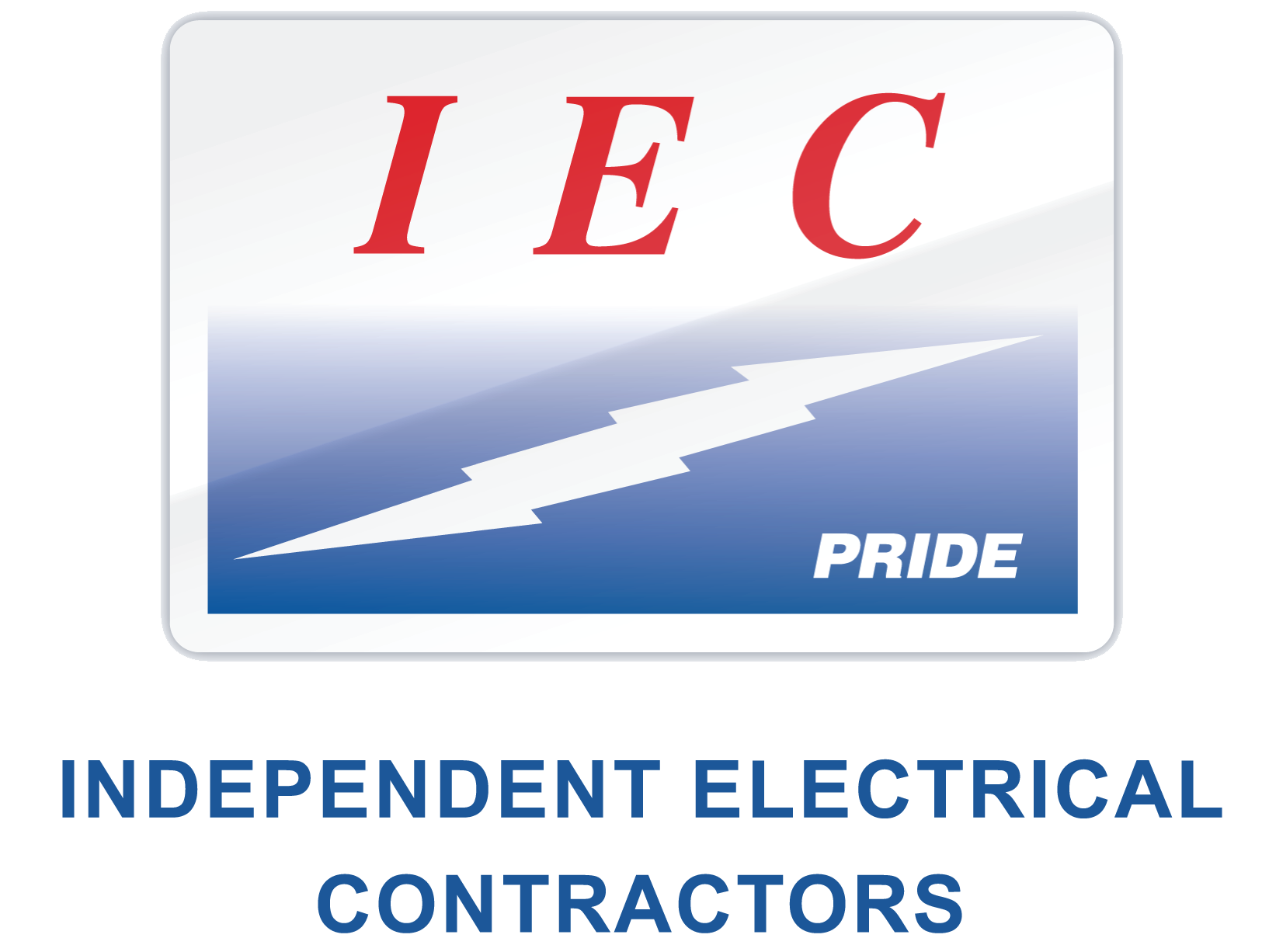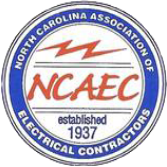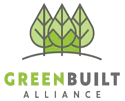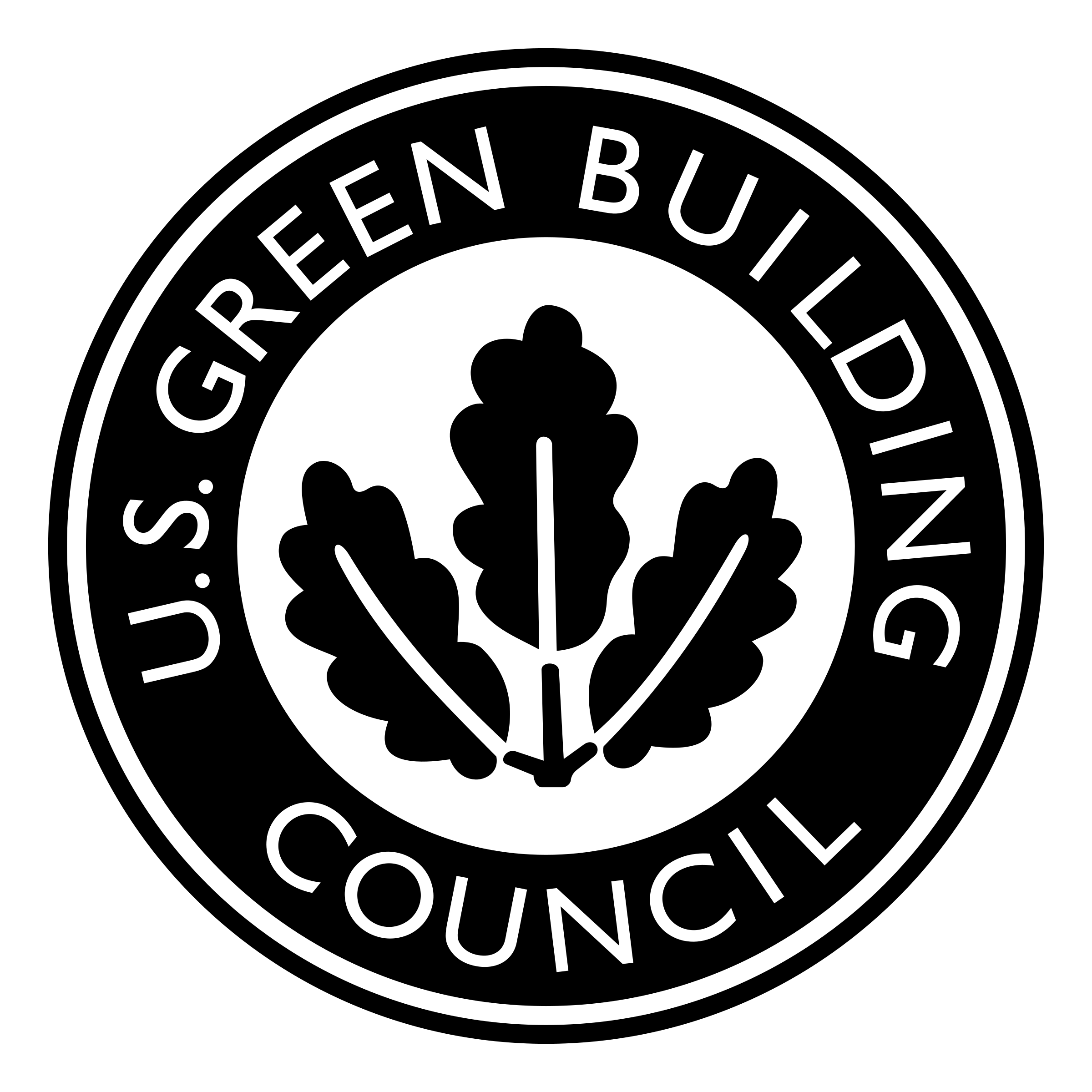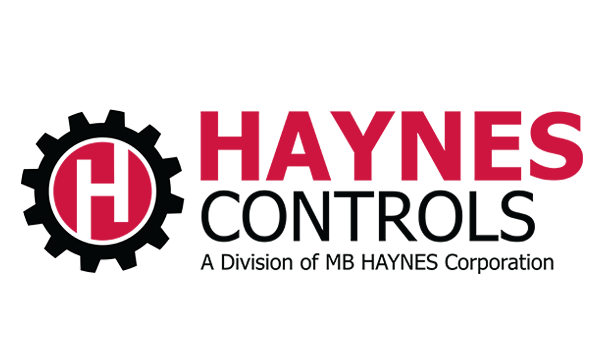
Renewable Energy
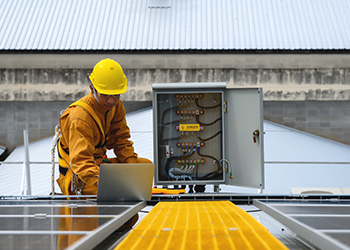 Electrical control panels play a crucial role in the Renewable Energy Industry by providing a centralized and efficient means of managing and controlling various electrical components within renewable energy systems. These control panels are essential for ensuring the reliable and safe operation of renewable energy sources such as solar, wind, and hydropower. Here are some key aspects to consider when discussing the use of electrical control panels in the Renewable Energy Industry:
Electrical control panels play a crucial role in the Renewable Energy Industry by providing a centralized and efficient means of managing and controlling various electrical components within renewable energy systems. These control panels are essential for ensuring the reliable and safe operation of renewable energy sources such as solar, wind, and hydropower. Here are some key aspects to consider when discussing the use of electrical control panels in the Renewable Energy Industry:
- Monitoring and Control: Electrical control panels serve as the nerve center for renewable energy systems, enabling operators to monitor and control the entire energy generation process. They allow for the seamless integration of diverse components, such as inverters, charge controllers, and monitoring systems, ensuring optimal performance and efficiency.
- Inverter Control: In renewable energy systems, inverters are used to convert the direct current (DC) generated by solar panels or wind turbines into alternating current (AC) for use in the electrical grid. Control panels manage and regulate the operation of inverters, adjusting parameters such as voltage, frequency, and power factor to match the grid requirements.
- Distribution and Switchgear: Control panels are responsible for distributing the generated power to various loads and ensuring that the electrical distribution system operates safely and efficiently. They incorporate switchgear components to control the flow of electricity, protect against faults, and facilitate isolation during maintenance or emergencies.
- Protection Systems: The reliability and safety of renewable energy systems heavily depend on robust protection mechanisms. Electrical control panels house protective devices such as circuit breakers, fuses, and relays that safeguard equipment from overcurrent, short circuits, and other electrical faults. These systems help prevent damage to the components and ensure the longevity of the renewable energy infrastructure.
- Communication and Data Logging: Modern electrical control panels are equipped with communication interfaces and data logging capabilities. This allows for real-time monitoring, remote control, and the collection of performance data. Operators can analyze this data to optimize system efficiency, identify potential issues, and plan maintenance activities proactively.
- Adaptability and Scalability: As renewable energy systems evolve and expand, control panels must be adaptable and scalable. They should support the integration of new components or technologies, allowing for the seamless incorporation of additional renewable energy sources or energy storage systems to meet growing demand.
- Safety Compliance: Control panels in the Renewable Energy Industry must adhere to stringent safety standards and regulations. They are designed to ensure the safety of personnel, protect against electrical hazards, and comply with industry-specific guidelines to mitigate environmental impacts.
In summary, electrical control panels are integral to the efficient, safe, and reliable operation of renewable energy systems. Their role encompasses monitoring, control, protection, and communication, contributing to the overall success and sustainability of the Renewable Energy Industry.
Our Industries
- Agricultural Industry
- Automotive Manufacturing
- Chemical Laboratories
- Chemical Processing Industry
- Data Centers
- Educational Institutions
- Entertainment and Broadcasting Industry
- Food and Beverage Processing Industry
- Manufacturing Industry
- Medical Equipment Manufacturing Industry
- Mining and Minerals Processing Industry
- Oil and Gas Industry
- Pharmaceutical Manufacturing Industry
- Pulp and Paper Manufacturing Industry
- Rail Transportation Industry
- Renewable Energy Industry
- Research Laboratories
- Telecommunications Industry
- Textile Industry
- Transportation Industry
- Water and Wastewater Treatment
- Controls Services MAIN PAGE >




